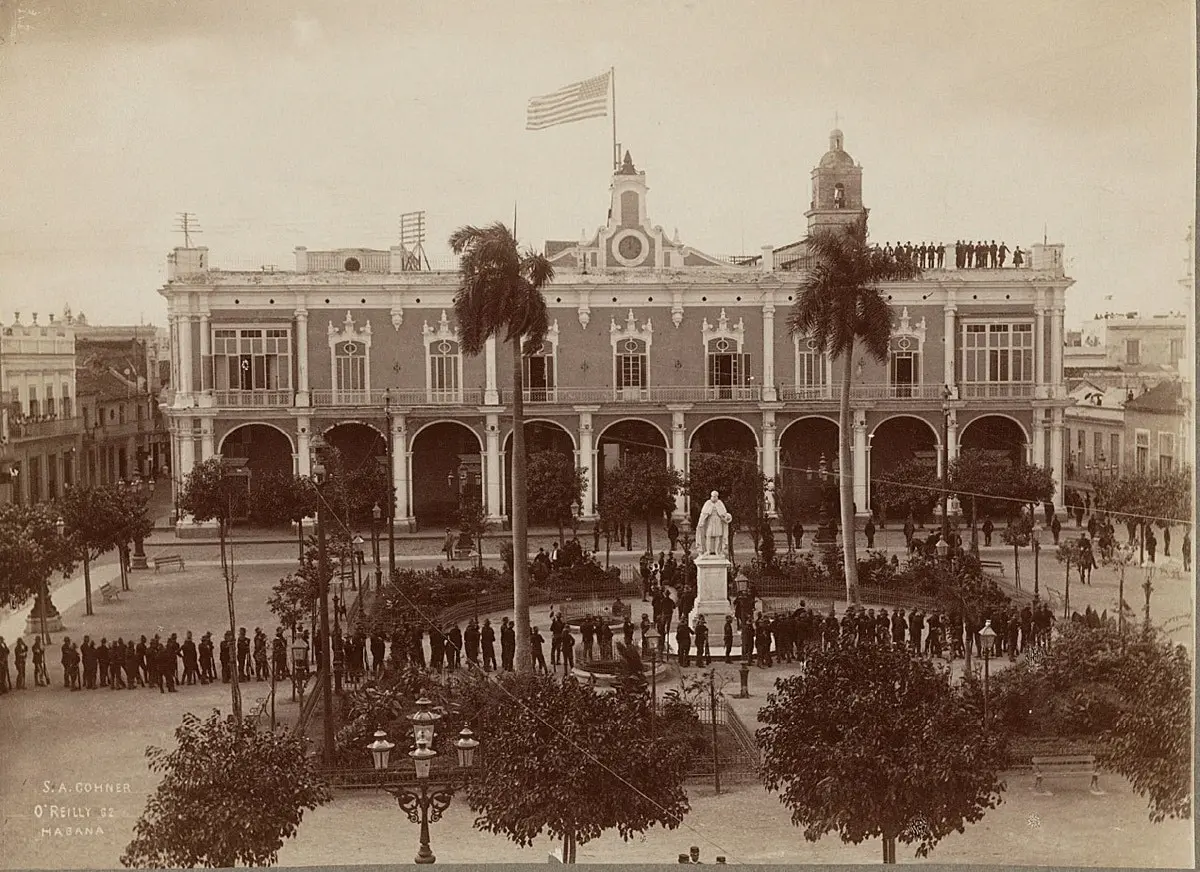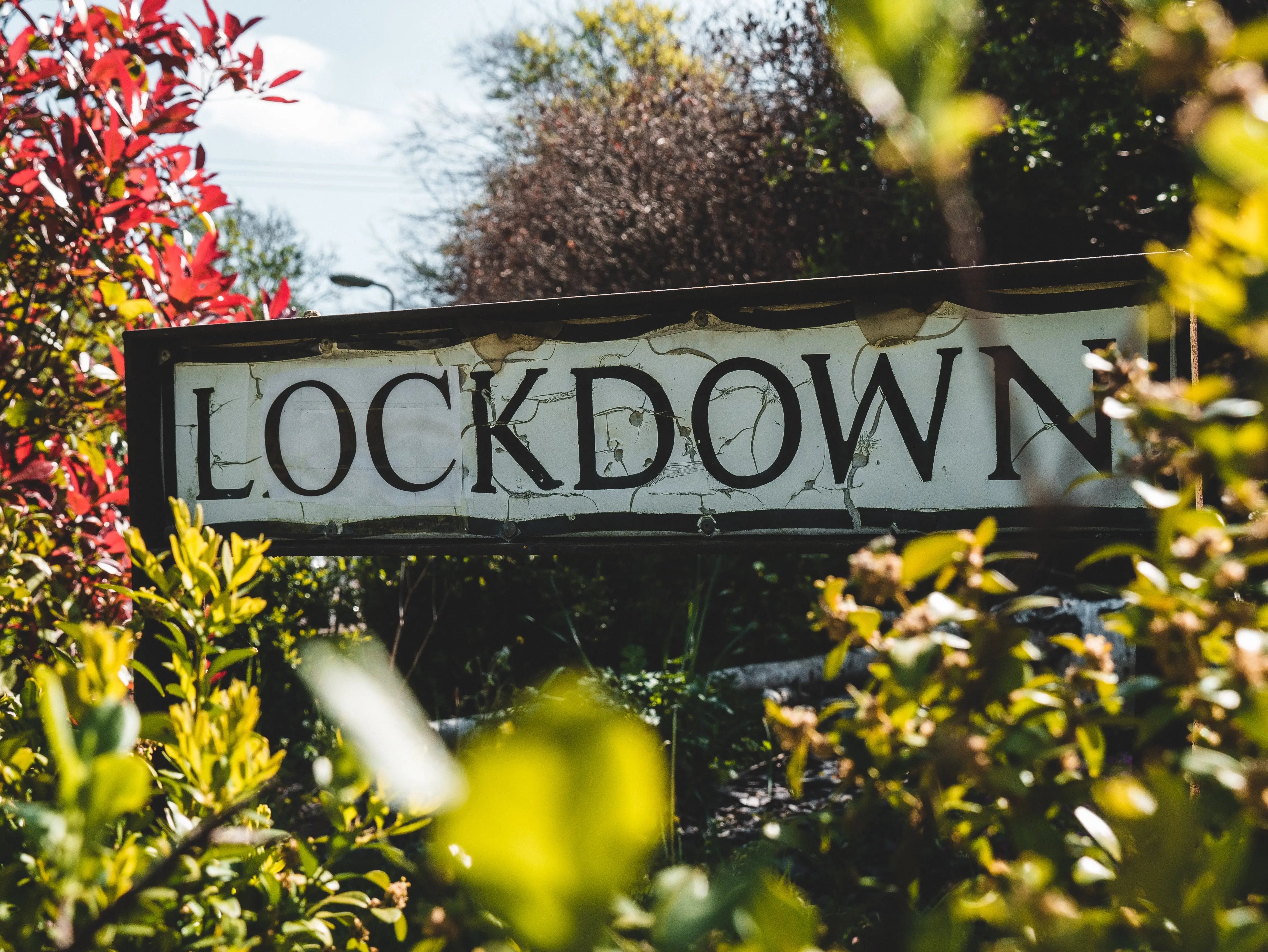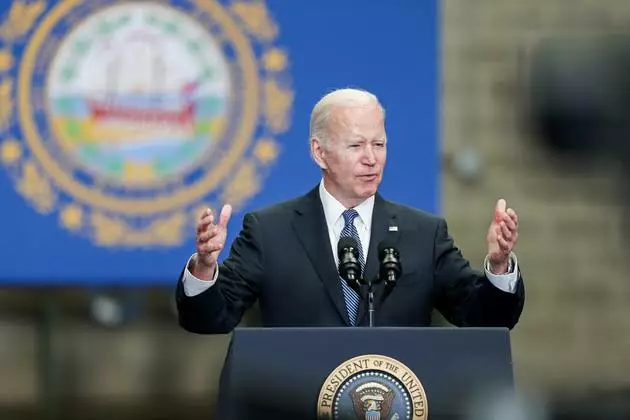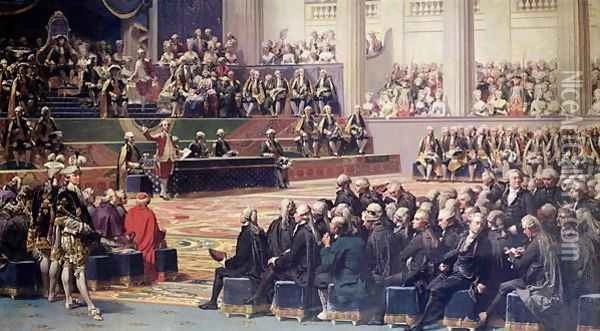By 1898, the Ejército Libertador de Cuba (Cuban Liberation Army) was on the verge of defeating the imperial Spanish army. Cubans had fought for decades for their independence. The US, technically, had no excuse to join the war efforts against Spain. However, in the case that the US did end up finding such a reason to go to war, the Assistant Secretary to the Navy had already created plans for the naval attack against Spain. However, President McKinley was facing a strong anti-war movement at home. US businessmen had at least $30 million of assets invested in Cuba. If Spain's loss was inevitable, how could the US protect those assets in independent Cuba? On February 16, 1898, the war-mongers got their miracle when the USS Maine sank. With the help of yellow journalists like Joseph Pulitzer, the McKinley administration was able to leverage it into the Spanish American war. Democratic presidential candidate William Jennings Bryan cried the familiar cry before America started a war: “The sufferings of [Cuba’s] people cannot be ignored unless we, as a nation, have become so engrossed in money-making as to be indifferent to distress."
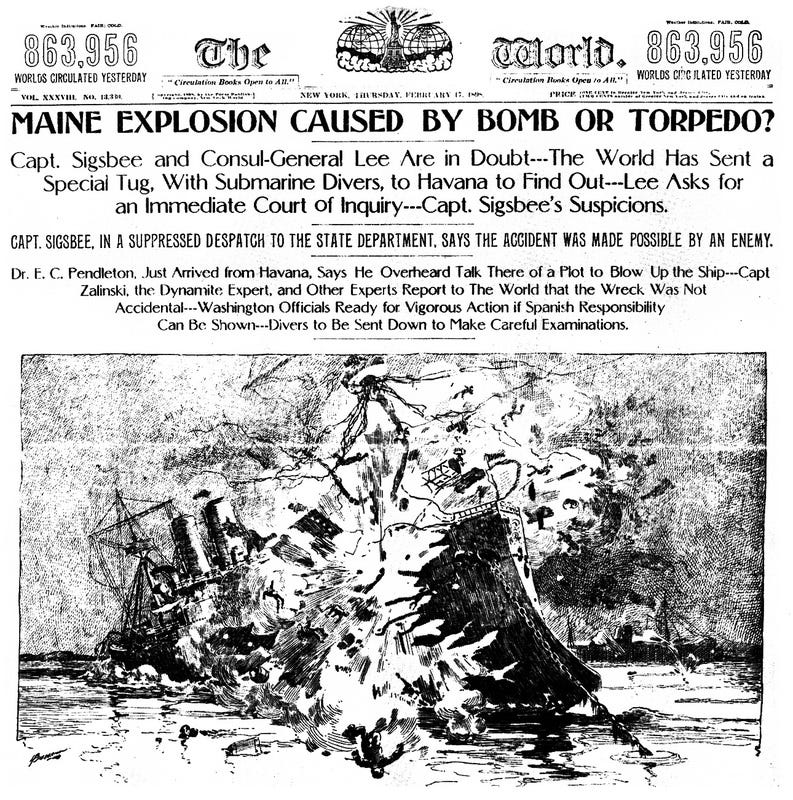
Ten weeks later, the US replaced Spain in both Cuba and the Philippines. The Secretary of State John Hay called it a "splendid little war." American troops marched into Havana and planted the US flag. At first, the Cubans seemed grateful for the Americans to help them gain their independence from Spain. The Americans stayed for 6 months and signed the treaty of Paris with Spain, which excluded Cubans. President McKinley also replaced Spain's unelected governor with his own unelected governor to administer Cuba. Two Americans generals served as military governors of Cuba: John Brooke in 1899 and Leonard Wood from 1899 to 1902.
Despite protests from Cubans, US troops would not leave. The McKinley administration also said that for Cuba to get its "independence" it had to agree to all the eight terms and conditions in the Platt Amendment by incorporating it into the Cuban constitution. Under the Platt Amendment, the US was Cuba's exclusive trading partner; Cuba couldn't enter into any other trade agreements without US consent; and Cuba had to import goods exclusively from the US, with extremely high mark-ups. The US also reserved the right to intervene militarily in Cuba to maintain “a government adequate for the protection of life, property, and individual liberty.”
American investors lined up to rebuild war-torn Cuba. In those days, some progressives in the Senate disapproved of the capitalization of Cuba. Ohio Senator Joseph Foraker forced the Foraker Amendment through. It prohibited the US military from granting concessions to US companies. After this amendment, Senator George Hoar proudly proclaimed, "It will lead to the most honorable single war in all history. . . . It is a war in which there does not enter the slightest thought or desire of foreign conquest, or of national gain, or advantage." Sadly for Cuba, honor lost to capital.
For example, investor William Van Horne created the Cuba Company in 1900 with an initial investment of $8,000,000 ($244 million in today's money). The purpose of the company was to monopolize the railroads in Cuba. He was joined by former New York Governor Levi Morton, he also used the services of the law firm Lord Day & Lord, which was then Secretary of State William Day's law firm. With this blatant conflict of interest, the Cuba Company managed to legalize their activity.
In 1901, William Van Horne courted a few elite cubans who were part of the Cuban constitutional assembly where he was promised that the new constitution wouldn't remove any concessions granted by the provisional US occupation. With the help of his lawyer, Van Horne then drafted his own version of the Cuban Railroad Law and presented it to Governor Wood, who rubber stamped it as Order #34. This law stayed in effect until the Cuban Revolution of 1959!
They started with one specific route: from the sugar refineries to the docks for Cuba's cash crop to be exploited. After Cuba passed its constitution with the Platt Amendment, the Cuba Company continued to enjoy the profits from the system America set up to benefit American capital. The company managed to acquire 24,000 acres of land for the cultivation of sugar, and they bought the docks and owned the railroads.
Soon, more American companies, such as United Fruit and AT&T would join in profiteering. Of course, whenever US property was threatened, the US government sent the military over to quell any popular rebellions, which happened at least three times.

Slums in Cuba in 1954
For the next 60 years, Cuba would be dominated by American businesses, a small class of Cuban elites who took part in the kabuki theater of governance as well as, mobsters using Cuba as a safe space to build their casino and drug smuggling empires.
